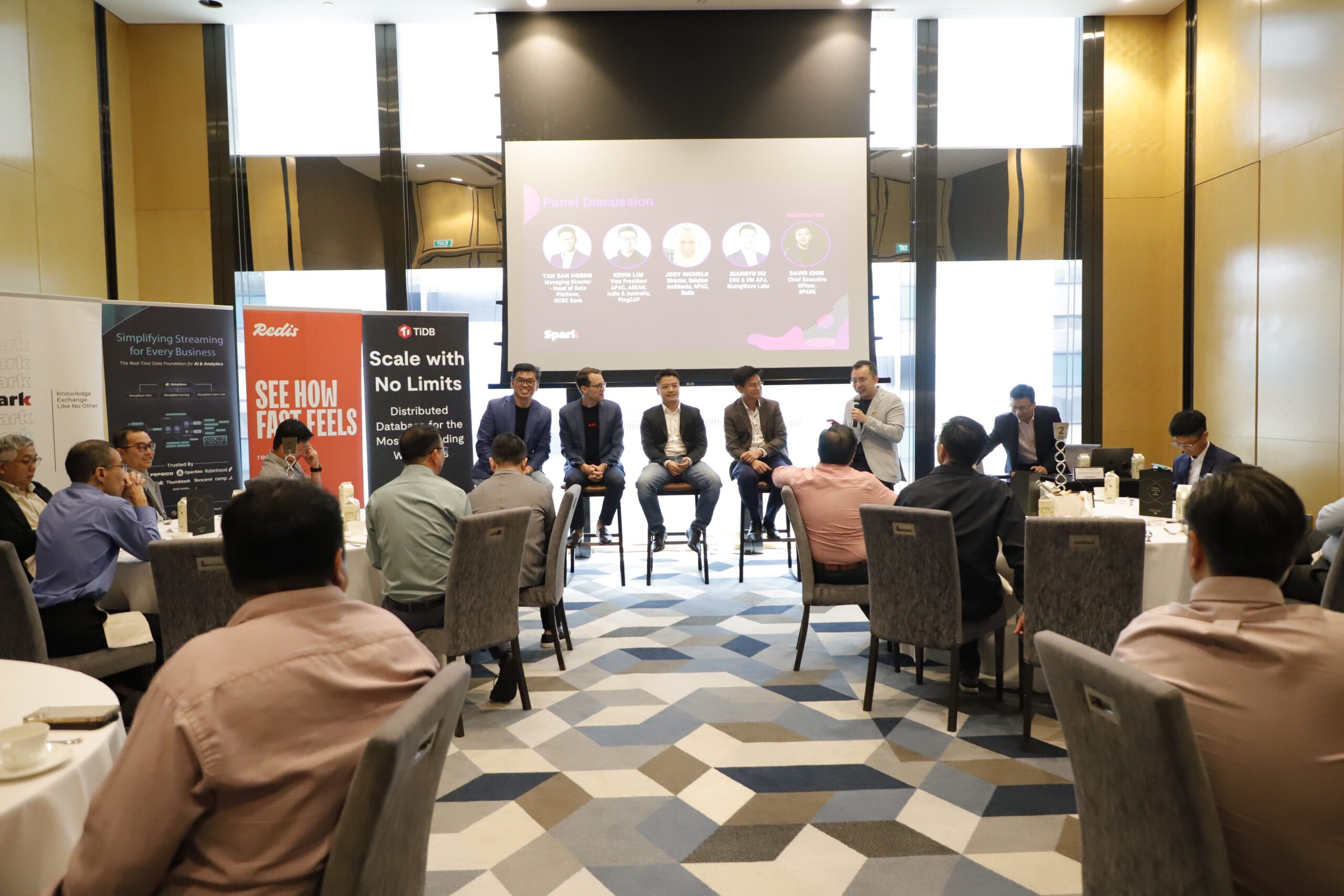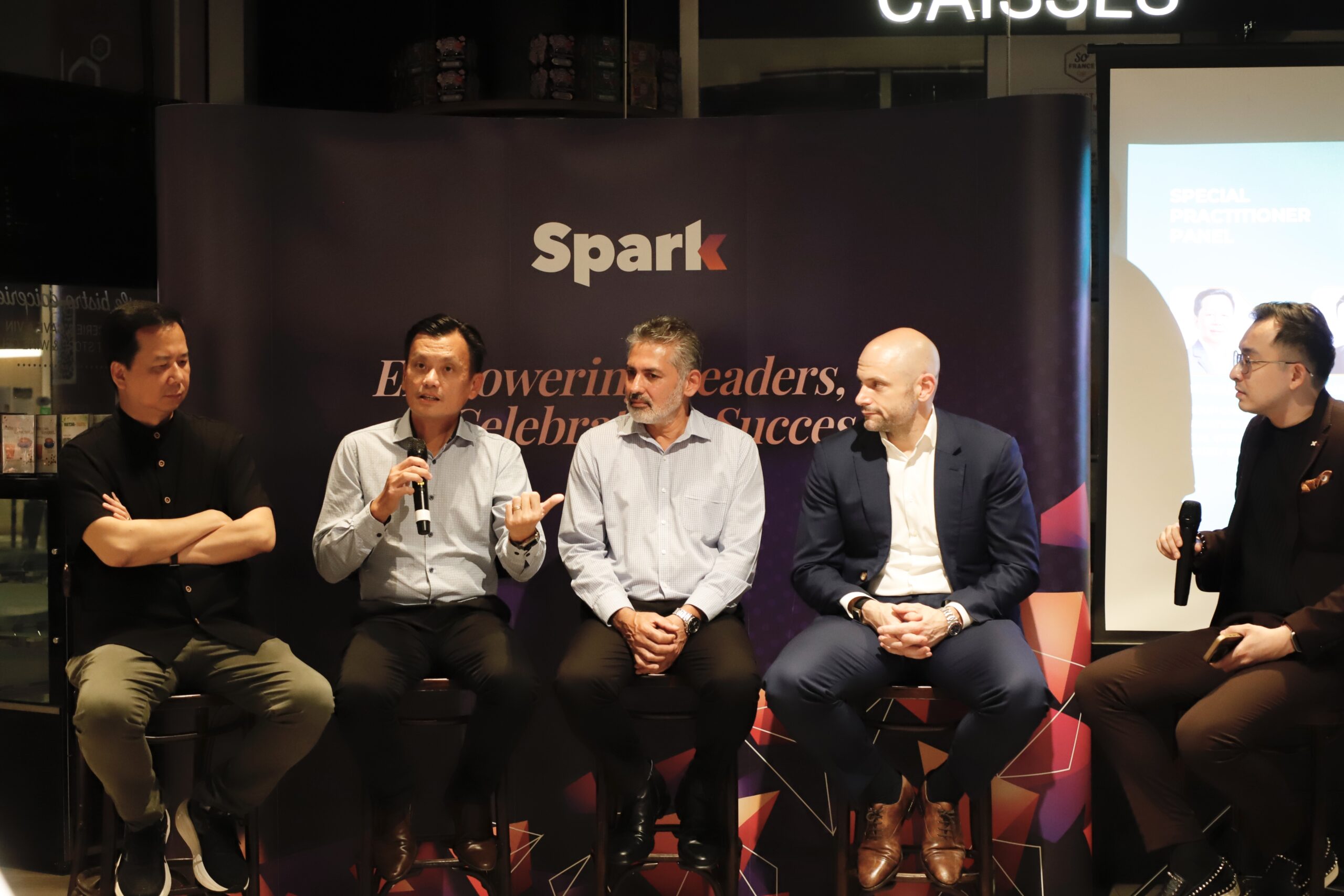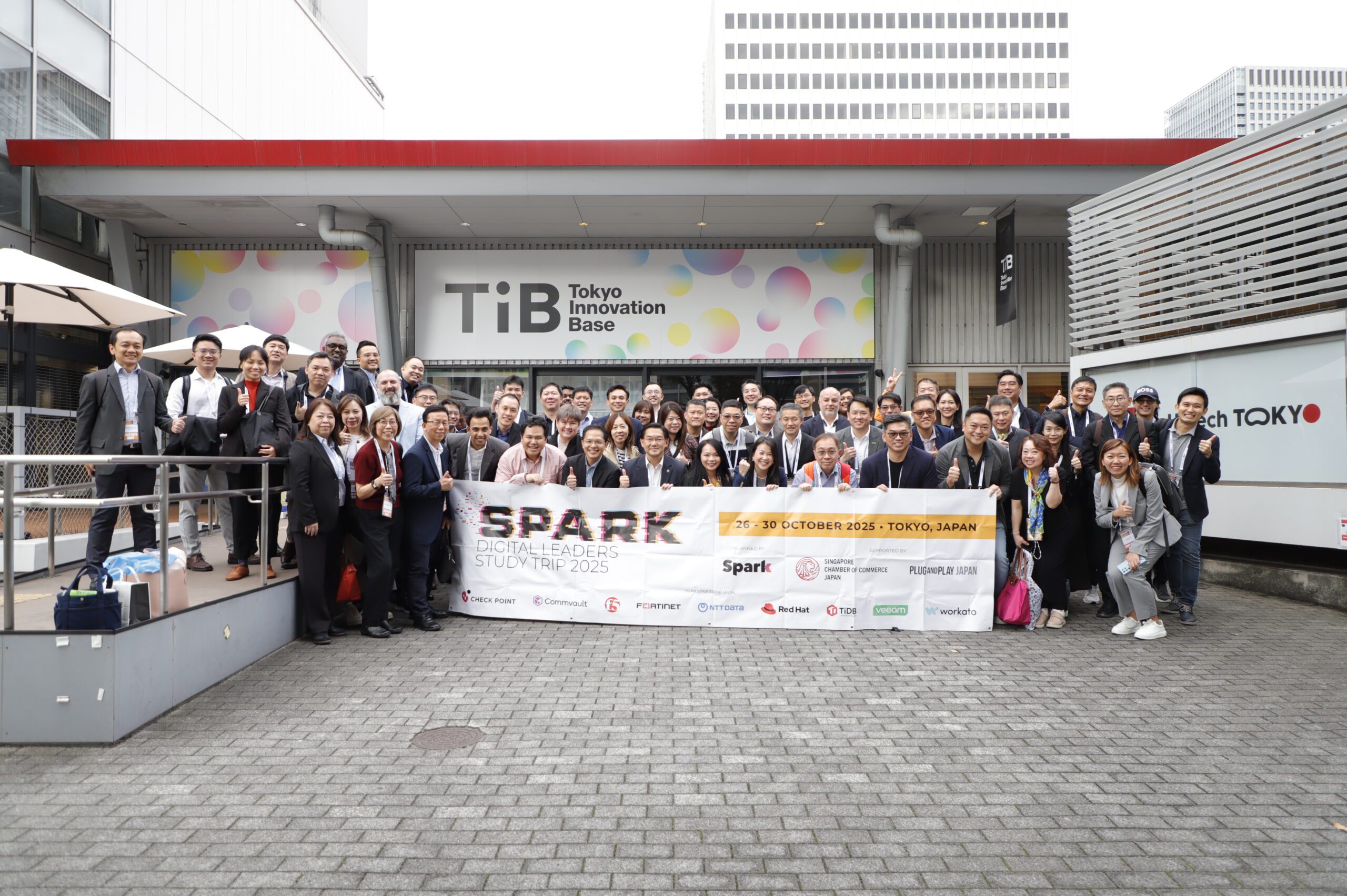Data-driven and data-informed perspectives have become mainstream concepts but underlying them are assumptions that call for closer examination. Some organisations have even installed AI board members to help inform key decisions and presumably to counterbalance the insights of humans as board members. Distributed autonomous organisations (DAOs) in the blockchain world also suggest ideas along these lines.
With these trends in mind, tech leaders came together in a panel discussion during the ConnectGov Leaders Summit held in Edinburgh, Scotland last July, to share their views on the implications for leadership in a data-driven economy.
Key Takeaways
- Jennifer Henderson, Keeper of the Registers of Scotland, shared that focusing on the circumstances and people at the receiving end of decisions is key, which means that high impact decisions will still involve human decision-making whereas low-level decisions that do not pose significant impacts can be handled by automated systems.
- Voranuch Dejakaisaya, CIO and COO of Bank of Ayudhya believed that while tech-driven developments are enabling a range of new possibilities in the banking sector, human intelligence along with leadership’s understanding and attention to the implications must evolve and keep pace.
- Antonio Gulli highlighted that listening is a key requirement to determine real challenges, drive adaptation to data-driven ways of doing things and improve receptivity.
- Shirin Hamid, Principal Director, CIO, Asian Development Bank (ADB), shared that getting management to lead by example and showing the art of possibilities is also necessary, along with initiatives to reassure staff that no one will be left behind.
- Transformation journey has no ostensible destination but leaders could work towards closing the gap.
- The real dilemmas occur when errors crop up or when bias implicitly built into algorithms are manifested, raising questions on the right measures needed to fix the issue and the verifiability of outcomes.







